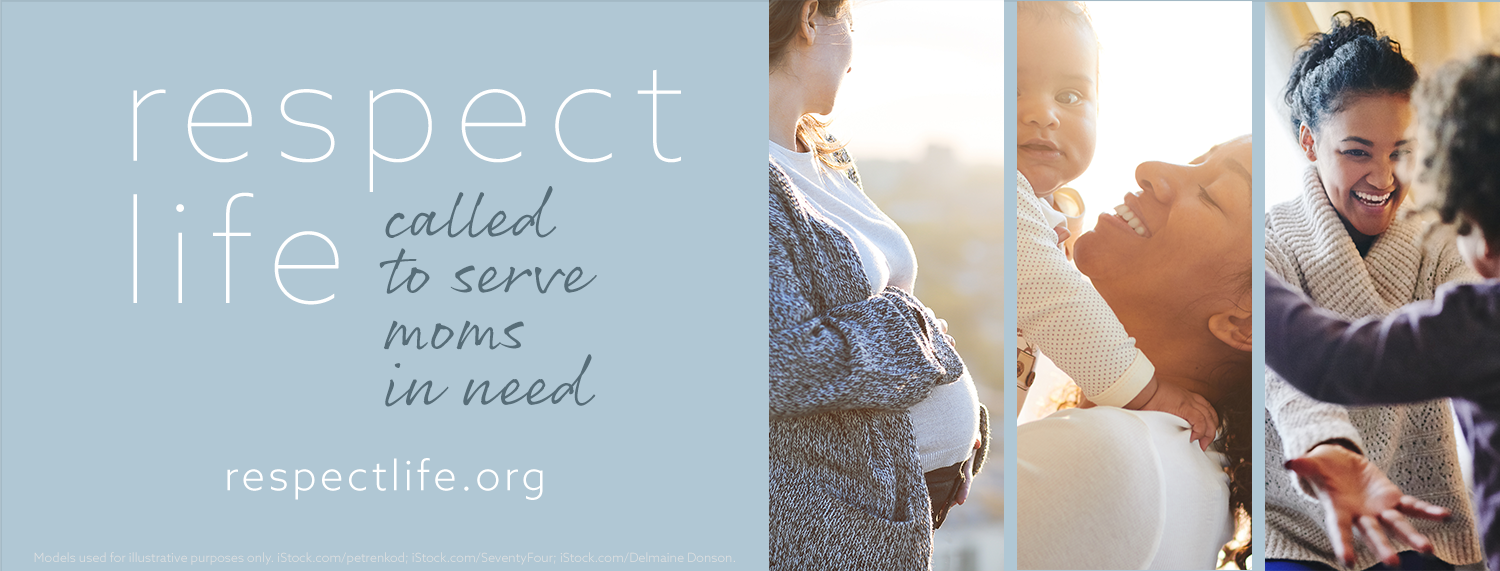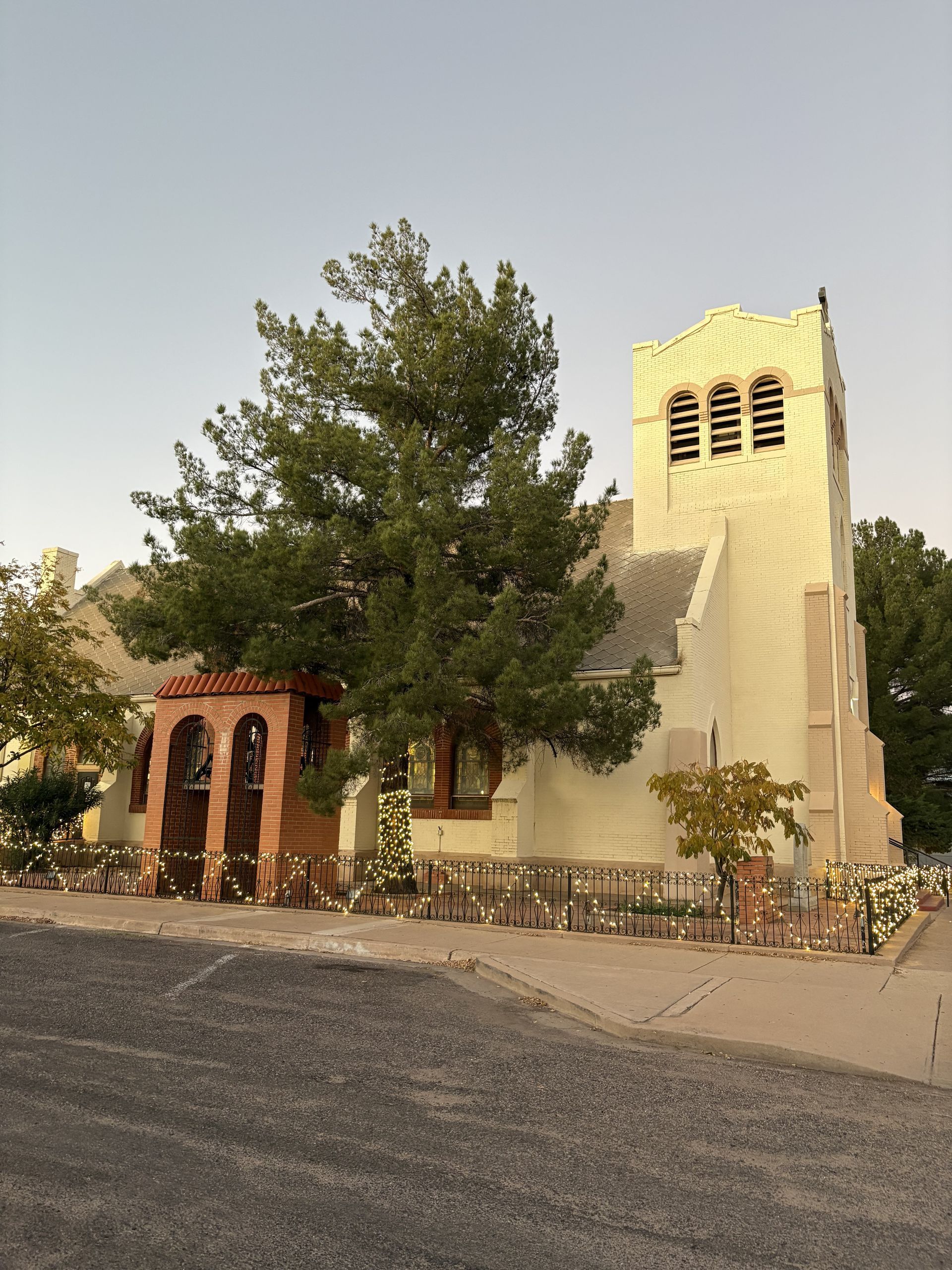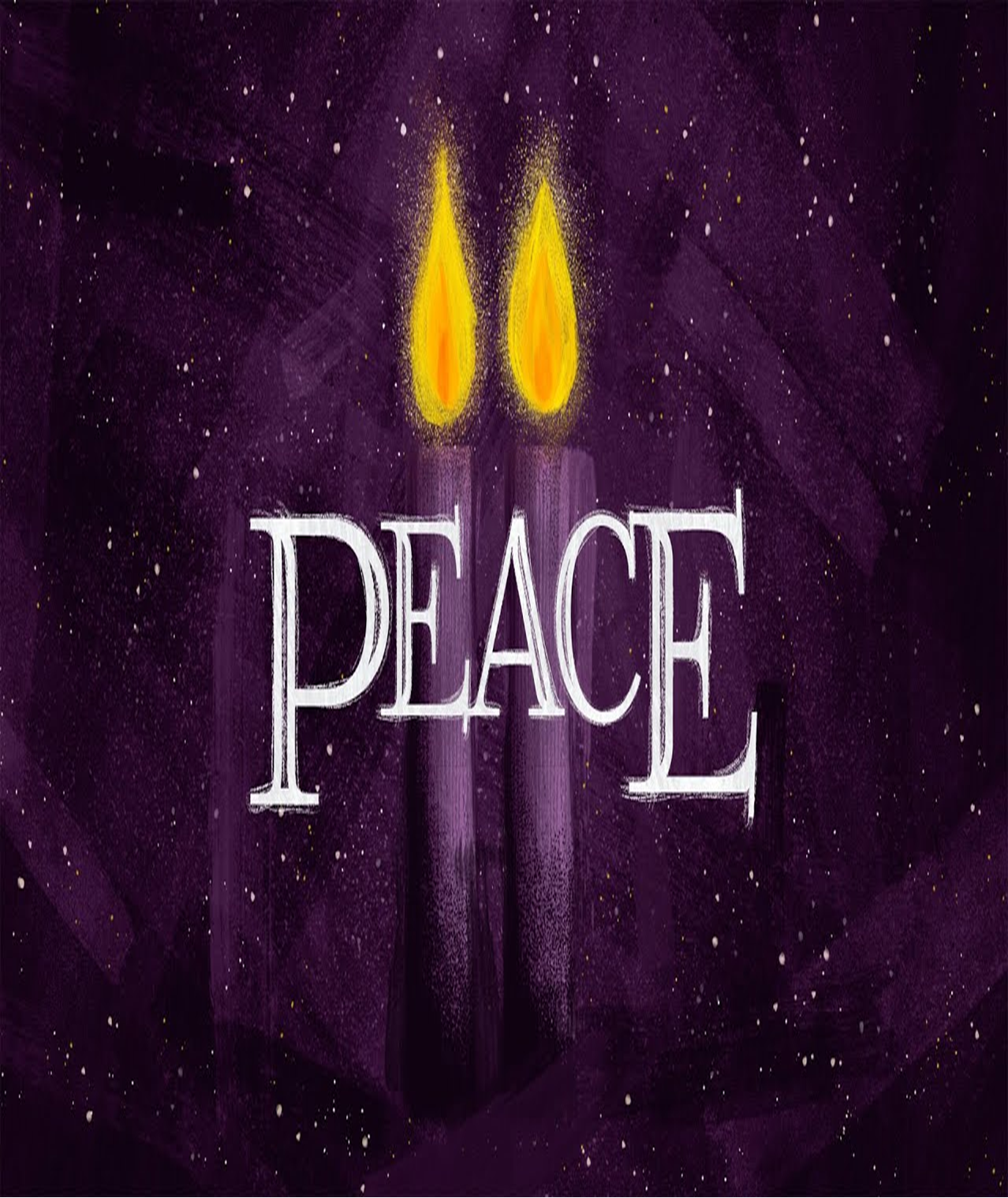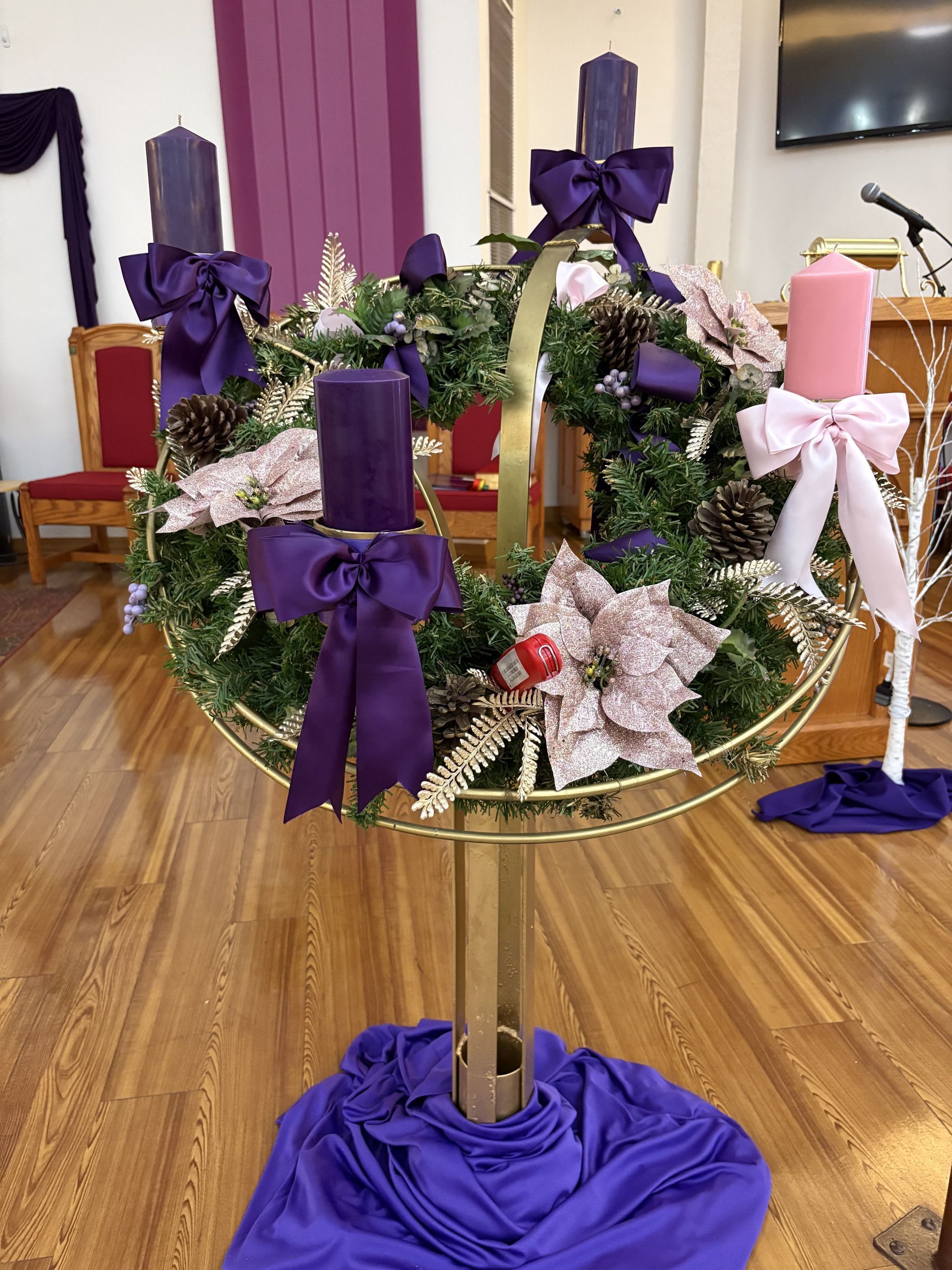"We are unprofitable servants; we have done what we were obliged to do" (Luke 17: 10).

The parable of the unprofitable servants is an extremely one-side approach to discipleship. This story of the useless slaves is by far, one of the most difficult, if not the most troubling, parables of Jesus as it appears it doesn’t have a direct correlation with modern thoughts and practices. Unless we dig deeper into the slave-master relationship, we won’t be able to get into the heart of the matter. There are some parallels but not entirely the same. As the story goes, the slave comes home from the field all day from plowing and tending the livestock. After a day’s work, he must have been tired, sweaty, weary, and hungry. Since he came home direct from work, he probably lived in the master’s house. The gospel could have been designed like a simple narration but no, the dialogue comes to us in three questions which will take some time to dissect its intricacies. First, “will the master say, come here at once and take your place at the table?” The answer is, No. Poor slave, the master didn’t invite him to go immediately to the dinner table and dine with him. Second, would you not rather say to him, “Prepare supper for me, put on your apron and serve me while I eat and drink; later you may eat and drink?” The answer is, Yes. The master would ask the servant to make him dinner first and afterwards, he may follow accordingly. Third, “do you thank the slave for doing what was commanded?” The answer is, No. And worse, the master was not even grateful to the slave for everything he has done for him. Working for God is a thankless job.
The slave is entirely dependent on his master and subject to him in all things. He has absolutely no control over his life. The master owns him. He doesn’t have freedom and right. He does what his owner asks him to do. He doesn’t talk back nor argue. He doesn’t get paid because his stay at his master’s house is free board and lodging. Since to live even momentarily at this master’s house is already a privilege, he doesn’t expect any thank you at all. If we apply this to our relationship with God, it will sound this way. As believers, we are totally dependent on God. As creatures, we are subject to God in every way. We submit and surrender our will to him. We don’t even aspire for accolades. We don’t vie for attention. We don’t seek recognition. If we long and yearn for something, it's nothing but deeper communion and faith. That’s, why, in the first part of the narrative, the disciples asked the Lord, increase our faith which we all do especially during challenging and uncertain times. Any doze of faith is appreciated. Jesus replied, “even if you have the faith of the size of a mustard seed, you will say to this mulberry tree, be uprooted and planted in the sea, and it would obey you” (Luke 17: 5). Faith even the size of a small seed can do the impossible.
One of the most perplexing questions, if not the most in the moral life of the church is the freedom of conscience. This topic lies at the center of Catholic conversation and debate. Does our faith have a choice? Of course, we do but only after a process of serious discernment led by the Catholic Social Teaching. We have freedom of conscience, but the criterion is the objective moral norm learned in Catechism and elsewhere. Hopefully, it will shift from mere action to the person itself. Our opinion is formed through the position of the church on faith and moral issues. “We are worthless servants; we have done only what we ought to have done” (Luke 17: 10). In other words, to serve God and the church is a humbling experience. We work for God. We cannot boast in the presence of God. We must always remember that regardless of the load of work and level of authority entrusted to us, we are servants of the Lord. One of the titles of the Holy Father - the most glorious and prestigious on the planet, is servant of the servants of God. And so, we join in chorus, “We are unprofitable servants; we have done what we have been commanded to do” (Luke 17: 10). Whatever we do for God will always be the absolute minimum and/or the least required. We may not have the absolute freedom and may even feel unwanted, impoverished, worthless, and useless, name it even after forgiving seventy times seven times and counting, volunteering in the parish for almost half our lives, donating and giving to church most of our income even renouncing our possessions (and not even a thank you, really?), we are and will always be a blessing to our parish community. Amen.



